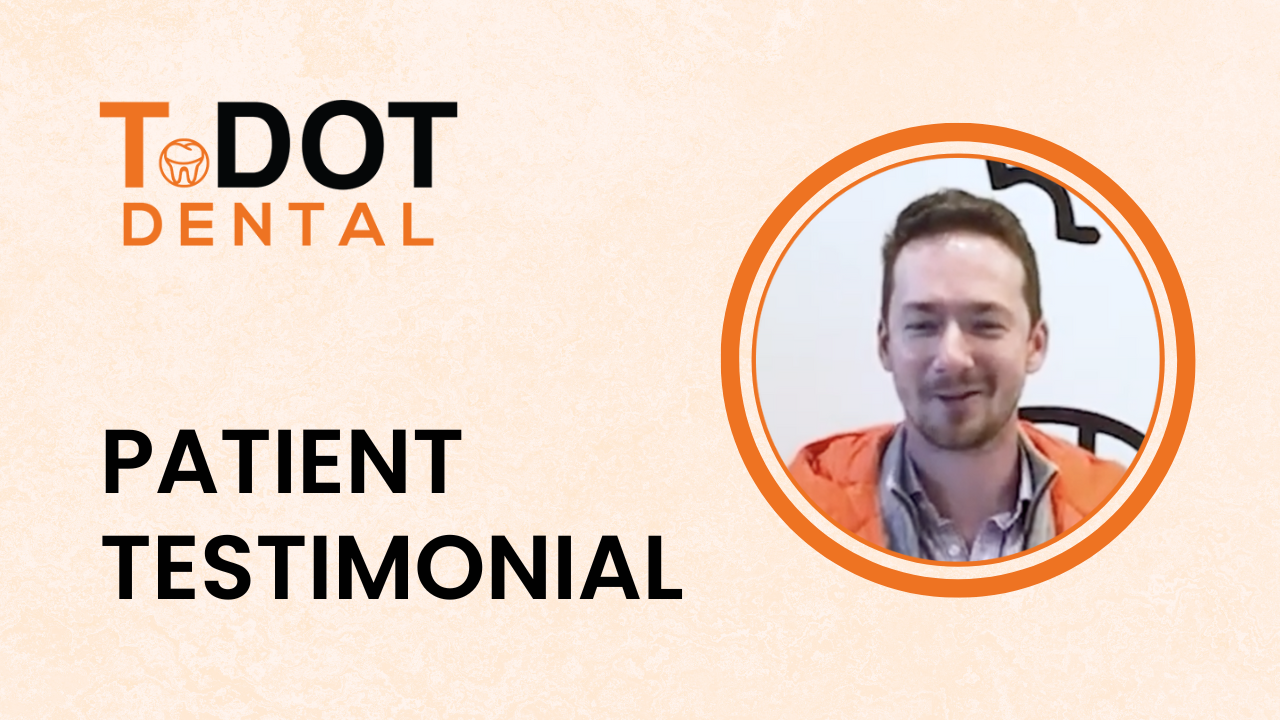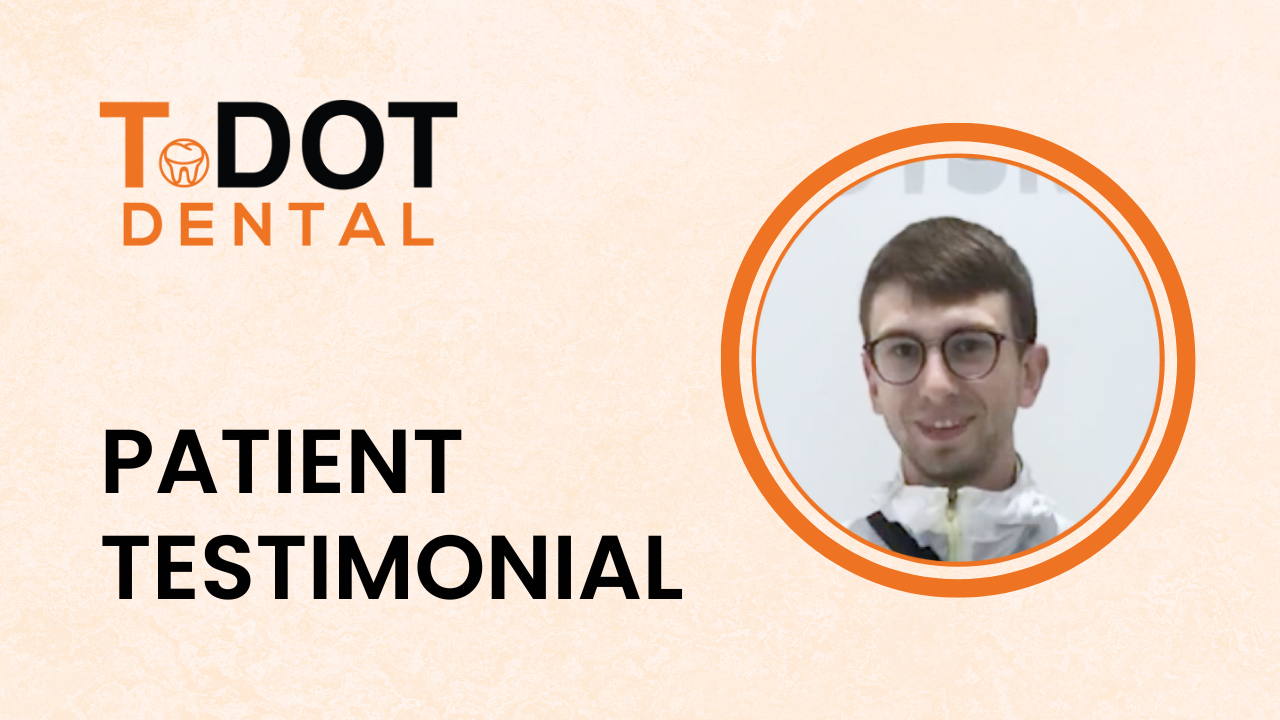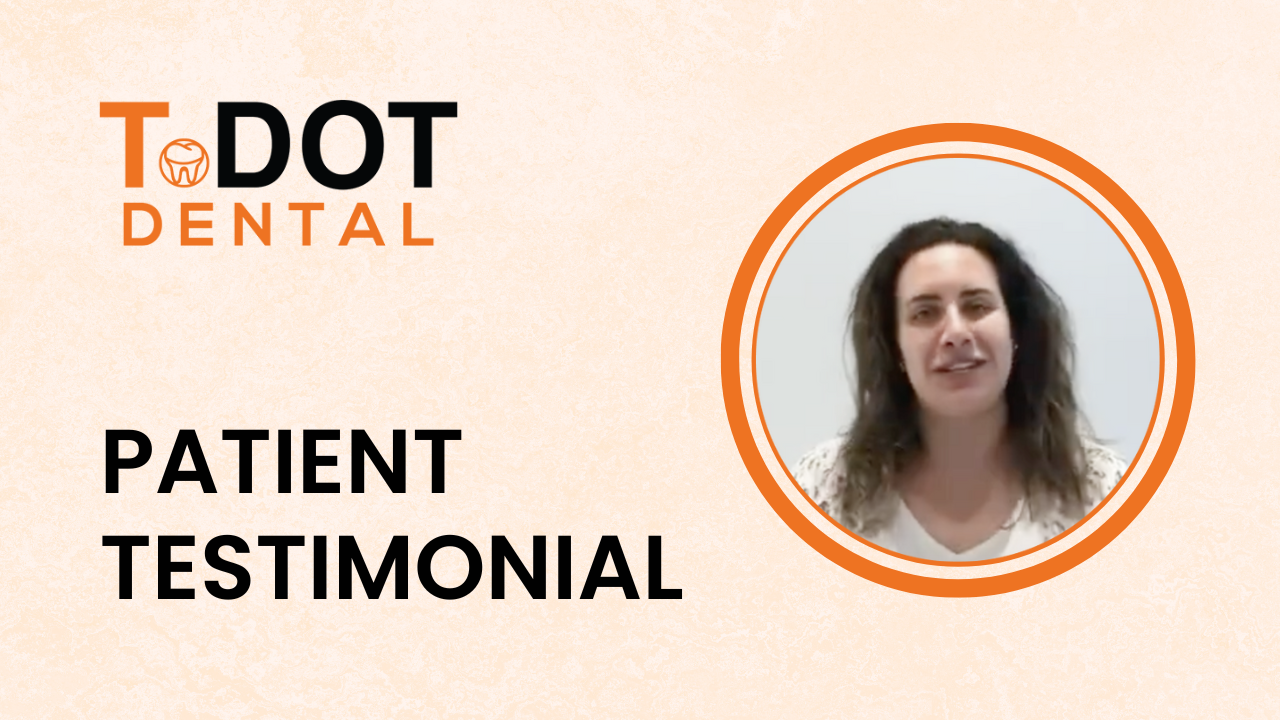
Taking Care Of Your Gums And Teeth
Undergoing regular teeth cleaning and checkups stands as a pivotal measure in safeguarding your oral well-being, encompassing not only your teeth but also your gums and the entirety of your oral cavity. This essential practice eradicates plaque, tartar, and bacteria, culprits behind decay, gum maladies, and persistent bad breath. A dental hygienist possesses the capacity to access those hard-to-reach areas that elude routine brushing and flossing at home. This comprehensive cleaning and examination provide the hygienist and dentist with an ideal opportunity to monitor your oral health and detect issues that can be addressed or averted before they escalate into painful and costly concerns.
Furthermore, regular teeth cleaning can naturally enhance the whiteness and brilliance of your teeth, negating the necessity for bleaching treatments:
- Eradicates plaque, an adhesive substance housing enamel-damaging bacteria.
- Eliminates the accumulation of tartar, hardened plaque that poses a risk of gum disease.
- Removes stains from coffee, tea, or other sources, restoring the luster of your teeth.
- Assesses the condition of receding gums, chipped or fractured teeth, and other indicators of diseases and infections.
What happens during a teeth cleaning?
Healthy Gums
Frequently underestimated yet incredibly vital, your gums provide crucial support to your teeth and shape your smile. During your examination, we’ll thoroughly inspect your tongue, gums, teeth, and all other oral regions, paying special attention to the gum line to guarantee the overall health of your mouth, devoid of inflammation or impending gum disease. Rest assured, we won’t be too critical about your flossing habits.
Plaque and Tartar Removal
Plaque, a soft and adhesive film, accumulates on your teeth. Without regular and meticulous brushing, flossing, and professional care, it can solidify into tartar deposits. Tartar typically exhibits a darker shade and tends to accumulate in challenging-to-reach areas such as the gumline. A skilled hygienist possesses the necessary tools and expertise to delicately remove stubborn plaque and tartar from these inaccessible spots. Once that’s completed, we can finish the process by polishing your teeth to eliminate stains and achieve a dazzling smile.
Dental Exam
Following your teeth cleaning, it’s an ideal moment for your dentist to conduct an examination. Your dentist will review your dental chart and x-rays, focusing on any problematic areas or recurring issues. Depending on their findings, your dentist may suggest additional treatment or provide guidance and recommendations on how to combat or mitigate tooth decay, inflammation, or gum disease. If you have any questions or have experienced discomfort, sensitivity, or dental pain, please don’t hesitate to share them with us. We’re here to assist you.
Cost of Teeth Cleaning
If you have average insurance coverage, you can anticipate that the majority of your expenses will be taken care of by your insurance provider. However, if you do not possess insurance, you should be prepared to incur costs ranging from $150 to $500.
When evaluating the expenses associated with your treatment, it is essential to consider several key factors:
1. Your current oral health status.
2. The necessity for any new X-rays.
3. The expertise of the hygienist performing the procedure.
4. The caliber of equipment and technology employed during the procedure.
At our dental office, we firmly believe that when it comes to your dental health, quality is paramount. Our team is dedicated to providing the highest level of dental care to our patients.
Contact us today
to schedule an initial consultation & exam.
Your consultation will include an examination of everything from your teeth, gums and soft tissues to the shape and condition of your bite. Generally, we want to see how your whole mouth looks and functions. Before we plan your treatment we want to know everything about the health and aesthetic of your smile, and, most importantly, what you want to achieve so we can help you get there.
Frequently Asked Questions
Our typical recommendation is to schedule dental cleanings and checkups every six months. Nevertheless, if you have particular dental needs, your dentist might advise more frequent visits, or we may schedule appointments further in advance due to insurance or financial considerations.
Don’t delay! If you’re experiencing any mouth pain or discomfort, please give us a call immediately! While cleanings offer a chance to prevent issues, they aren’t the only time to address concerns. Even if your problem appears minor, inform us promptly so we can address it before it escalates.
Certainly. Checkups encompass your entire oral cavity, including your gums, tongue, bones, and more. Even if you wear dentures, we encourage you to visit us so we can verify the condition and fit of your dentures and assess your overall oral health.
Usually 30 minutes is the average.
Opt for fluoride-infused tartar-control toothpaste. While effective brushing is important, dental floss is essential for eliminating plaque between your teeth and preventing tartar buildup in those challenging spots. Make sure to rinse daily as well by using an antiseptic mouthwash to combat the bacteria responsible for plaque formation.
Following a routine dental cleaning, it’s generally fine to eat afterward, but it’s wise to steer clear of acidic or abrasive food and beverages. However, if you’ve had a fluoride treatment during your cleaning, it’s advisable to wait at least 30 minutes before consuming anything.
To preserve the results of your dentist’s work, it’s crucial to continue brushing and flossing your teeth after they’ve been cleaned.









